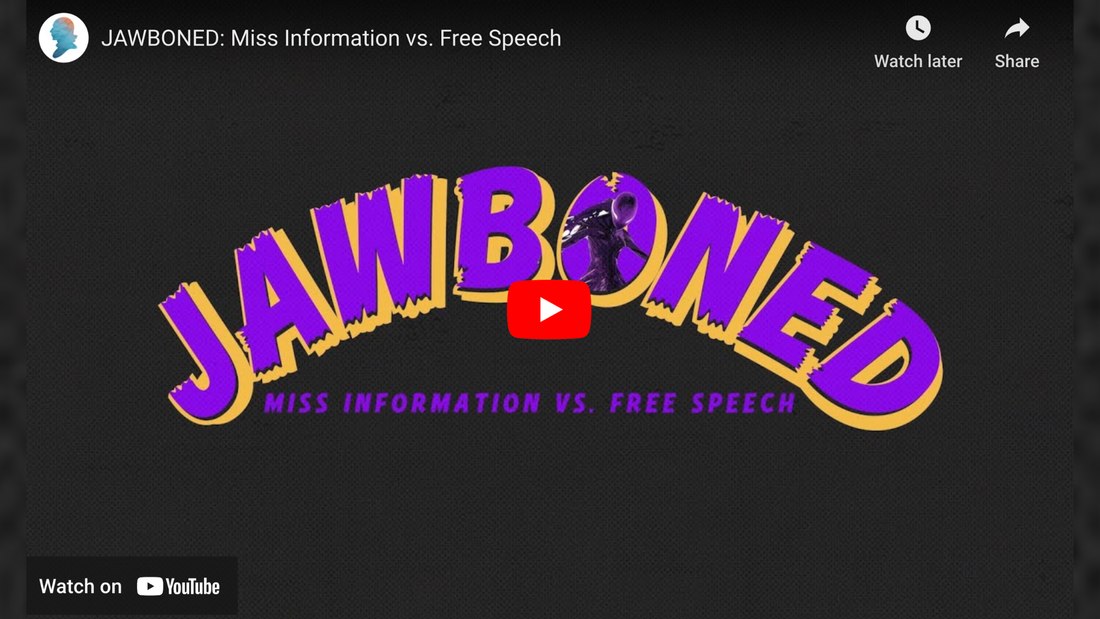|
Can a government regulator threaten adverse consequences for banks or financial services firms that do business with a controversial advocacy group like the National Rifle Association? Can FBI agents privately jawbone social media platforms to encourage the removal of a post the government regards as “disinformation”?
As the U.S. Supreme Court considers these questions in NRA v. Vullo and Murthy v. Missouri, a FedSoc Film explores the boundary between a government that informs and one that uses public resources for propaganda or to coerce private speech. (“Nice social media company you have there. Shame if anything happened to it.”) Posted next to this film, Jawboned, on the Federalist Society website is Protect The 1st’s own Erik Jaffe, who in a podcast explores the extent to which the government, using public monies and resources, should be allowed to speak, if at all, on matters of opinion. Is the expenditure of tax dollars to push a favored government viewpoint a violation of the First Amendment rights of Americans who disagree with that view? Jaffe thinks so and argues why this is the logical conclusion of decades of First Amendment jurisprudence. Furthermore, when the government tells a private entity subject to its power or control what the government thinks it ought to be saying (or not saying), Jaffe says, “there’s always an implied ‘or else.’” And even the government’s own public speech often has coercive consequences. As if to underscore this point, Jawboned recounts the story of how the federal Office of Price Administration during World War Two lacked the authority to order companies to reduce prices but did threaten to publicly label them and their executives as “unpatriotic.” That was a very real threat in wartime. Imagine the “or else” sway government has today over highly regulated firms like X, Meta, or Google. In short, Jaffe argues that a line is crossed when “the power and authority of the government” is invoked to use “the power of office to coerce people.” But it also crosses the line when the government uses its resources (funded by compelled taxes and other fees) to amplify its own viewpoint on questions being debated by the public. Such compelled support for viewpoint selective speech violates the freedom of speech of the public in the same way compelled support for private expressive groups and viewpoints does. Click here to listen to more of Erik Jaffe’s thoughts on the limits of government speech and to watch Jawboned. Comments are closed.
|
Archives
June 2024
Categories
All
|
ABOUT |
ISSUES |
TAKE ACTION |



 RSS Feed
RSS Feed